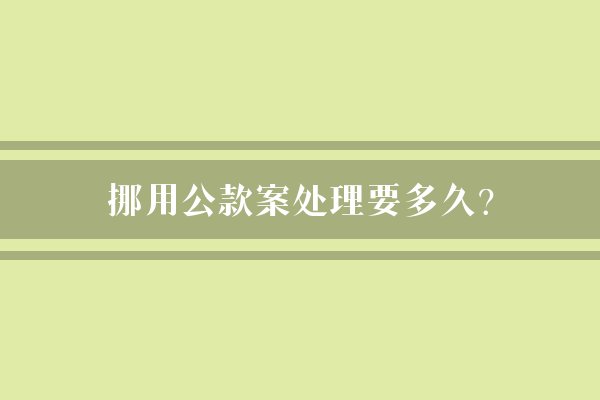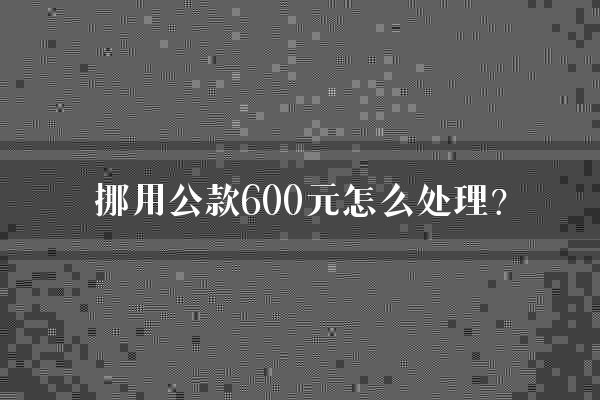The use of public funds for personal gain or unauthorized purposes is commonly referred to as embezzlement or misappropriation of public funds. It is a serious criminal offense that can result in severe legal consequences, including monetary fines and imprisonment.

Embezzlement is the act of intentionally taking or redirecting public funds for personal use, without the authorization of the rightful owner, which is the government or the public. It can be carried out by government officials, employees, or any individual who has access to public funds.
Misappropriation, on the other hand, is the use of public funds for a purpose other than the intended one. For example, if a government official approves the purchase of office supplies but instead uses the money to pay their personal bills, they have committed misappropriation of public funds.
Embezzlement and misappropriation of public funds can have severe economic and social consequences. It reduces the government’s ability to provide services to the public, robs citizens of their hard-earned taxes, and undermines public trust in government institutions.
To prevent such offenses, governments must establish proper financial controls, supervise public officials’ financial activities, conduct internal audits, and enforce strict penalties for violators.
In conclusion, embezzlement and misappropriation of public funds are serious offenses that undermine the public’s trust in government institutions while also causing significant economic strain. To uphold accountability, transparency, and public trust, rigorous measures must be taken to prevent such acts and to prosecute offenders when they occur.












